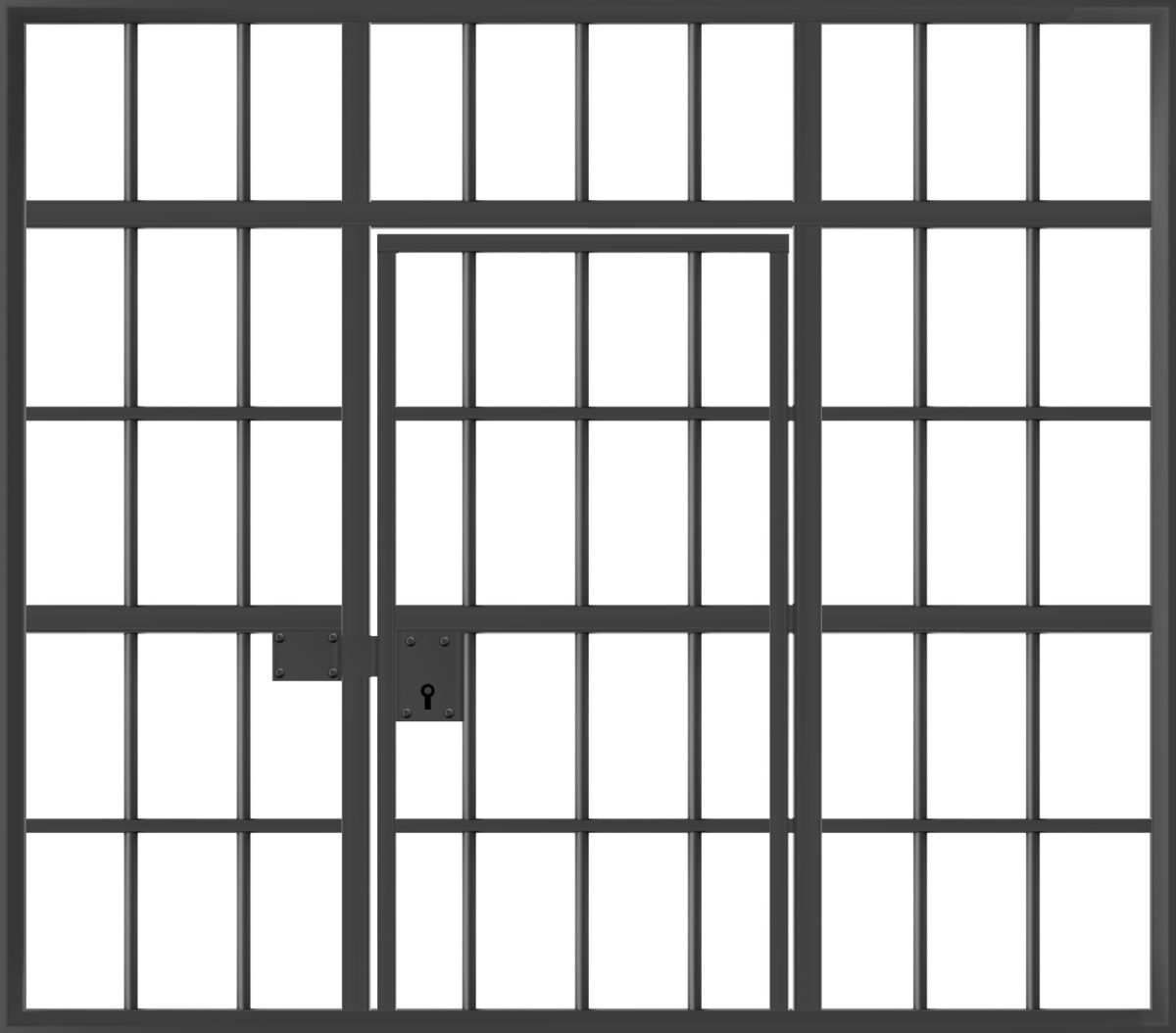October is Breast Cancer Awareness Month.
This year, about 246,000 American women will be diagnosed with breast cancer, and roughly 40,000 women will die from it.
The fight to discover a cure seems to be a never-ending battle, but many companies offer seemingly easy ways for people to support the fight for a cure.
Throughout the month, grocery store shelves are lined with pinked-out items to buy; yogurt, cereal, bleach- if you can name it, it probably has a pink ribbon somewhere on the packaging.
Companies team up with non-profit organizations like the Susan G. Komen Foundation to allow consumers an easy, efficient way to contribute to breast cancer research.
But how much are you actually helping by buying the Yoplait with the pink lids?
How much money actually goes toward research, and, by patronizing brands that support breast cancer research are you actually supporting something much more insidious?
“Pinkwashing,” a term coined by the non-profit group Breast Cancer Action, refers to “a company or organization that claims to care about breast cancer by promoting a pink ribbon product but at the same time produces, manufactures and/or sells products that are linked to the disease.”
This term is not to be confused with another similar definition of “pinkwashing” that is in regards to the LGBTQ community, which is beyond the scope of this piece.
In 2014, the Susan G. Komen Foundation collaborated with one of its sponsors — Baker Hughes, a Texas-based oil and gas company — to deliver 1,000 pink drill bits that are used in the fracking process in oilfields around the world.
Each drill bit came with a pink package with information packets and breast health facts.
This exchange of good PR for Baker Hughes and money for Komen may have seemed benign, but it was not; the chemicals used during fracking — a process where gas in underground shale deposits is extracted by forcing a mixture of water and chemicals at a high pressure — have been linked to cancer, including breast cancer.
These carcinogenic chemicals can make their way into the water supply; researchers at the University of Texas at Arlington have found elevated levels of cancer causing chemicals that are “known to be associated with fracking techniques” in the drinking water around North Texas’ Barnett Shale region.
After a bout of bad press, it seems as if the Komen Foundation and Baker Hughes have quietly parted ways. However, Komen is not entirely in the clear — one of their main sponsors, (with a five-year contract) Bank of America is one of several big banks who have given a total of $3.8 billion dollars to Energy Transfer Partners, the parent company of the Dakota Access Pipeline, a highly-publicized and hotly-debated fracking project. Through Bank of America, consumers can open up a Pink Ribbon MasterCard, and Komen will receive a minimum of $3 and 0.08 percent of all net retail purchases made with the card and an additional $3 with every annual renewal of the card.
What good does it do to support a breast cancer research fund if it also means supporting a corporation that bankrolls a fracking project which has side effects that are linked to the very cancer you’re trying to cure in the first place?
And what does that say about the foundation that continues to partner with these problematic and dangerous companies?
So before you buy that pink box of cereal or open up a pink credit card, you’re probably better off donating directly to a research center and one with a direct impact in your community, like the Cancer Therapy and Research Center at the UT Health Science Center San Antonio.
So please, think before you buy pink.











